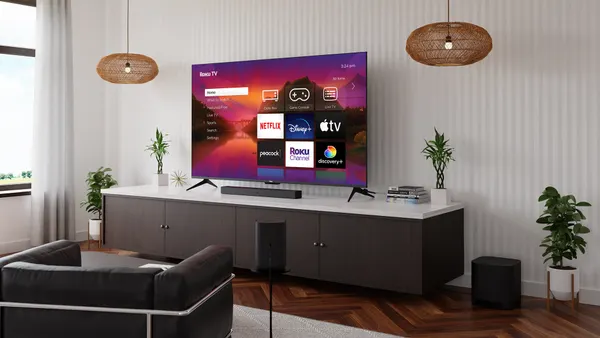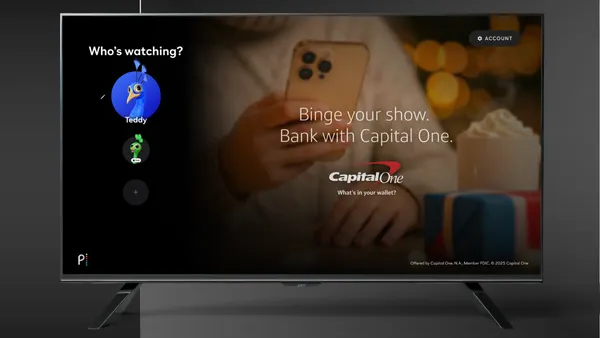Dive Brief:
- Publicis Groupe is now the second-largest ad-holding group by revenue, CEO Arthur Sadoun said in a statement around the firm’s first-quarter earnings results. The spot was previously held by Omnicom Group.
- Q1 2023 saw organic revenue, a key metric of agency health, up 7.1% year-over-year, beating analyst expectations. Epsilon and Publicis Sapient, two digital- and data-forward units within the company, boosted performance with 10% and 11% growth, respectively.
- Despite macroeconomic challenges, Publicis expects full-year performance will land within the top half of its previous guidance of 3-5% growth. Legacy agency networks continue to hold strong as marketers invest more in digital transformation and data-driven marketing.
Dive Insight:
Publicis’ bets on data have paid off in a big way after initially courting skepticism. Another run of growth in Q1 pushed the ad-holding company to the No. 2 spot in the industry, with a healthy outlook for the rest of the year despite shocks to the system like the banking crisis and ongoing disruptions stemming from the Russia-Ukraine war. The firm forecasts second-quarter growth between 3-5%.
In prepared comments, CEO Sadoun said Publicis’ Q1 net revenue has grown 45% since 2019, with about 18% organic growth over the four-year period. Much of the firm’s momentum has stemmed from Publicis Sapient and Epsilon, two tech-forward units that now make up a substantial chunk of the overall business.
“Our differentiated revenue mix, with one third in data and tech, allowed us to grow faster than both the industry and the global economy in the last three years,” Sadoun said in a statement.
Both Publicis Sapient and Epsilon are the results of costly, complex acquisitions, particularly in the latter case. Publicis paid a whopping $4.4 billion to snap up the data-marketing company in 2019, one of the biggest deals in agency history.
At the time, Publicis was in a worse spot financially, and some analysts questioned whether the purchase made sense given the company’s prior struggles with integrating Sapient, per CNBC. Naysayers have been proven wrong in the long run as demand for services related to first-party data has exploded with the planned deprecation of third-party cookies and other forms of ad signal loss.
Doing the media rounds for the Q1 earnings, Sadoun told Campaign that he believes that Publicis’ “transformation is complete.” Another project where the executive received flak in the past, the implementation of an internal artificial intelligence (AI) platform called Marcel, could eventually be viewed as ahead of the curve given the current boom around generative AI and renewed agency investments in the sector.
In more traditional advertising areas, Publicis also had a strong quarter. Burger King and Dunkin’ both selected Publicis agencies to handle key creative and brand marketing duties in North America. Dunkin’s naming of Leo Burnett as its lead creative shop was previously reported by Adweek, but the earnings report seems to confirm the change.
Publicis’ results follow a similarly strong report from Omnicom Group, potentially teeing up another round of solid agency earnings at the category level. Omnicom beat analyst expectations with organic revenue up 5.2% YoY in Q1. On a call discussing results, CEO John Wren declared the Great Resignation “over” and said the company plans to require all U.S.-based employees to return to the office at least three days a week.














